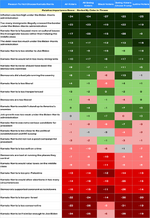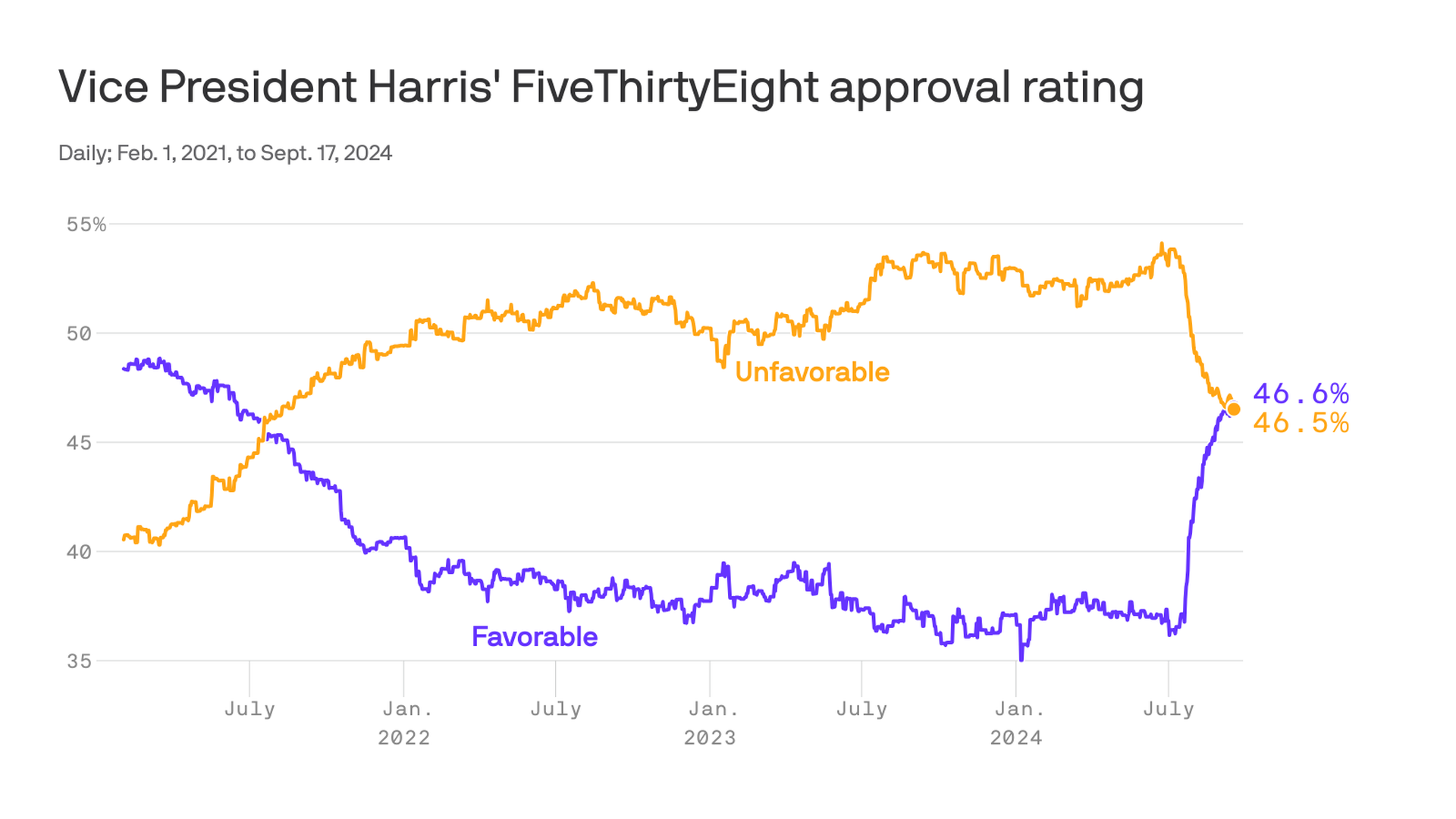Swammerdami
Squadron Leader
I was also curious about this, but have exhausted my quota of off-topic hijacks for the week.Wait, so Australia has Cockney rhyming slang (or some variant thereof)?Seppo = septic tank = Yank
I am afraid I cannot answer that question, because I am not clear what "that" is referring to.Hmm, when did that happen thereabouts?Why wouldn't we? The nation was founded by petty criminals, and I can assure you that the nineteenth century English 'justice' system wasn't sentencing mainly prosperous landowners and merchants to transportation.
Australian English is based on the inner city patois of the time (blended with the accents of Irish Nationalists), and Cockneys were very strongly represented. And even amongst cockneys, rhyming slang was concentrated in the criminal underclass - it began as a thieves cant, a 'secret language' in which crime could be discussed with, at the very least, plausible deniability, if not rank incomprehension on the part of the authorities. The need for such a cant was hardly lessened by being placed in a prison colony.
It would be strange if cockney rhyming slang were not a strong element of Australian English.
Are you asking about the history of theives cants; The specifics of cockney rhyming slang as a example of such; The history of transportation of English convicts to Australia, or of Irish and/or cockney convicts being included in the process; The history of Australian English as a language; The adoption of rhyming slang by Australian English; Or something else?
I am also somewhat uncertain as to ... which element of the question the modifier "thereabouts" is supposed to be modifying.
I was curious about the etymology of 'thereabouts' and find that it decomposes into there+about+s, with the earlier attested 'thereabout' cognate with Old English þǣr-ābūtan, þǣr-onbūtan. This word can be traced back to Proto-Indo-European *só (“this; that”) + *-r + *h₂en- (“on; onto”) + būtan (“just, merely, only”) (ultimately from Proto-Indo-European *h₁ep- + *úd (“away; out; outwards; upwards”)). The final 's' of course derives from Old English -es, often used to form adverbs; this suffix also traces back to PIE.
Does this help?



